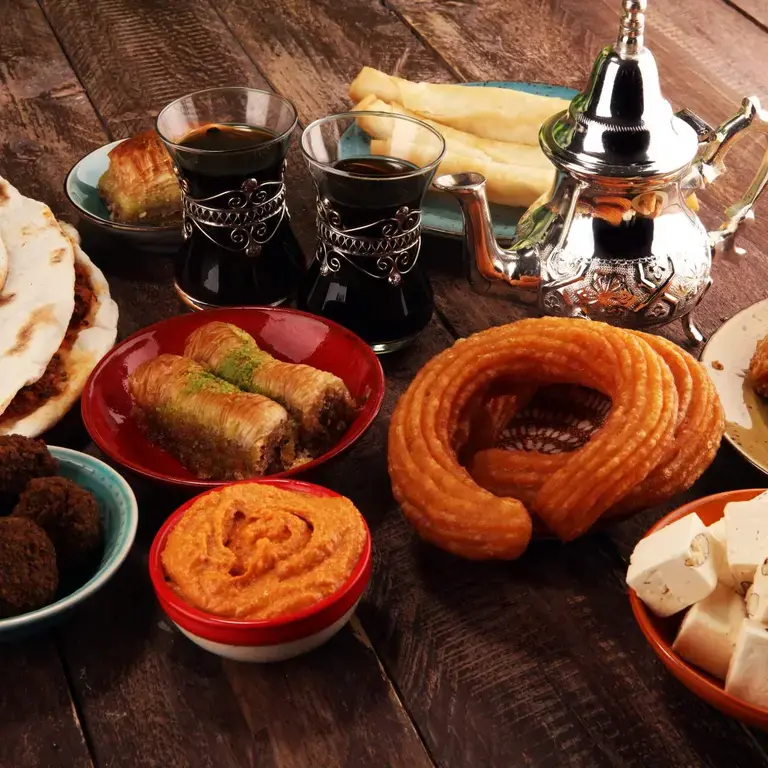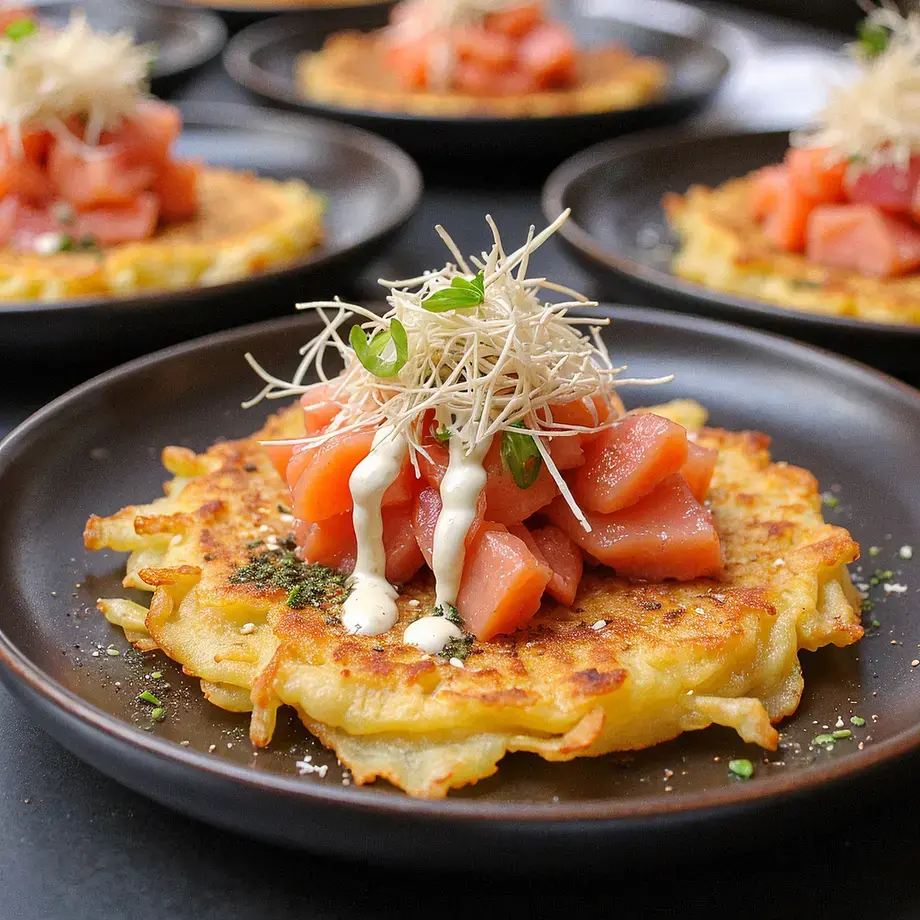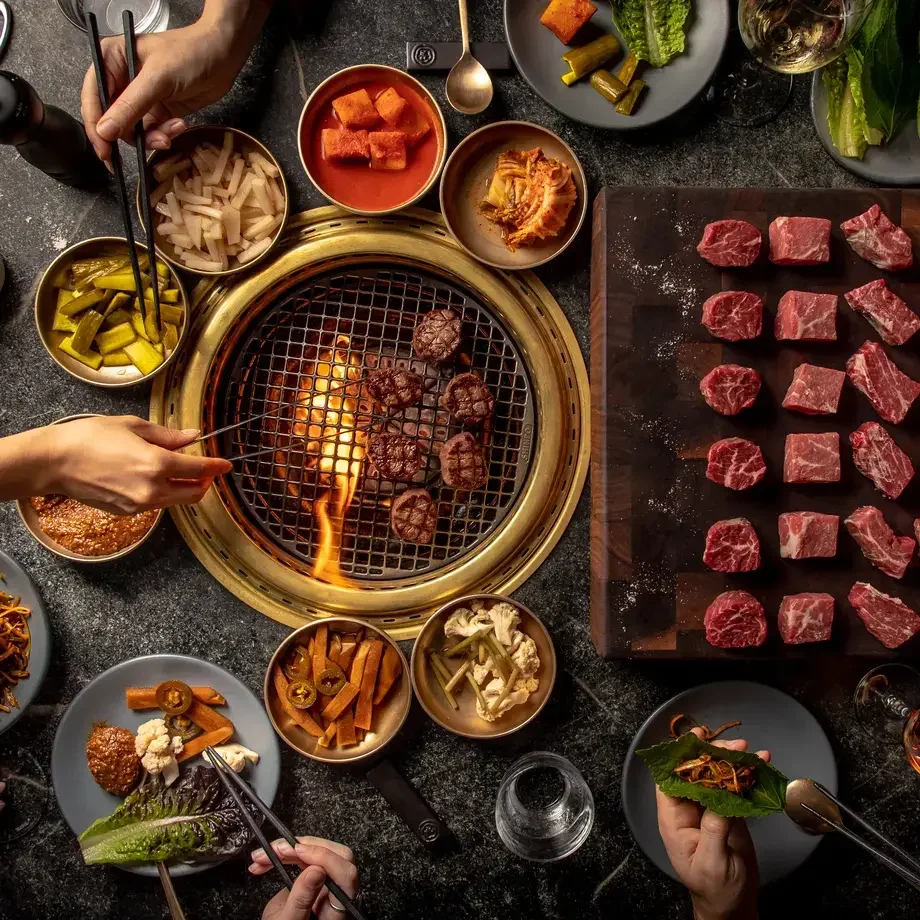Although halal slaughter supposedly has its origins in a respect for all life being sacred, the fact that the animals aren’t stunned beforehand is a source of much controversy. It would, however, be naive to presume that stunning is stringently applied in non-halal slaughter. Often a single attempt is considered enough, whether successful or not.
Additionally, some national halal certification bodies interpret halal slaughter to also include stipulations as to the sanity of the slaughterer and the treatment and comfort of the animal prior to its slaughter.
Not all meat can be made halal, however, regardless of how it was slaughtered. Animals that are always haram to eat include:
- Pork and its by-products are strictly forbidden
- Donkeys, mules, and horses
- Fanged animals (cats, dogs, bears, etc)
- Birds of prey
- Reptiles
- Some other animals, such as monkeys
Halal food
For the most part, vegan food is always halal. The one exception is when it contains alcohol. Alcohol and all intoxicants are considered haram.
Vegetarian food, especially dairy and eggs, is a little more complicated and depends on one’s interpretation of Islamic law. This is largely comes down to two reasons:
- Dairy and eggs are often produced by methods involving non-halal animal slaughter (for instance, killing non-productive male chicks or calves at birth). Cheese may also contain non-halal animal rennet.
- Some animals are often fed non-halal products as part of their diet, including pork by-products and potentially also non-halal pharmaceuticals.
Halal recipes
Looking for halal dinner ideas? Check out this mouthwatering lamb shank recipe from Cook Halaal.
Cook Halaal has many other halal recipes worth trying, including this chicken akhni (a rice and potato dish topped with chicken curry), and this halal version of bobotie – one of South Africa’s favourite comfort foods.












